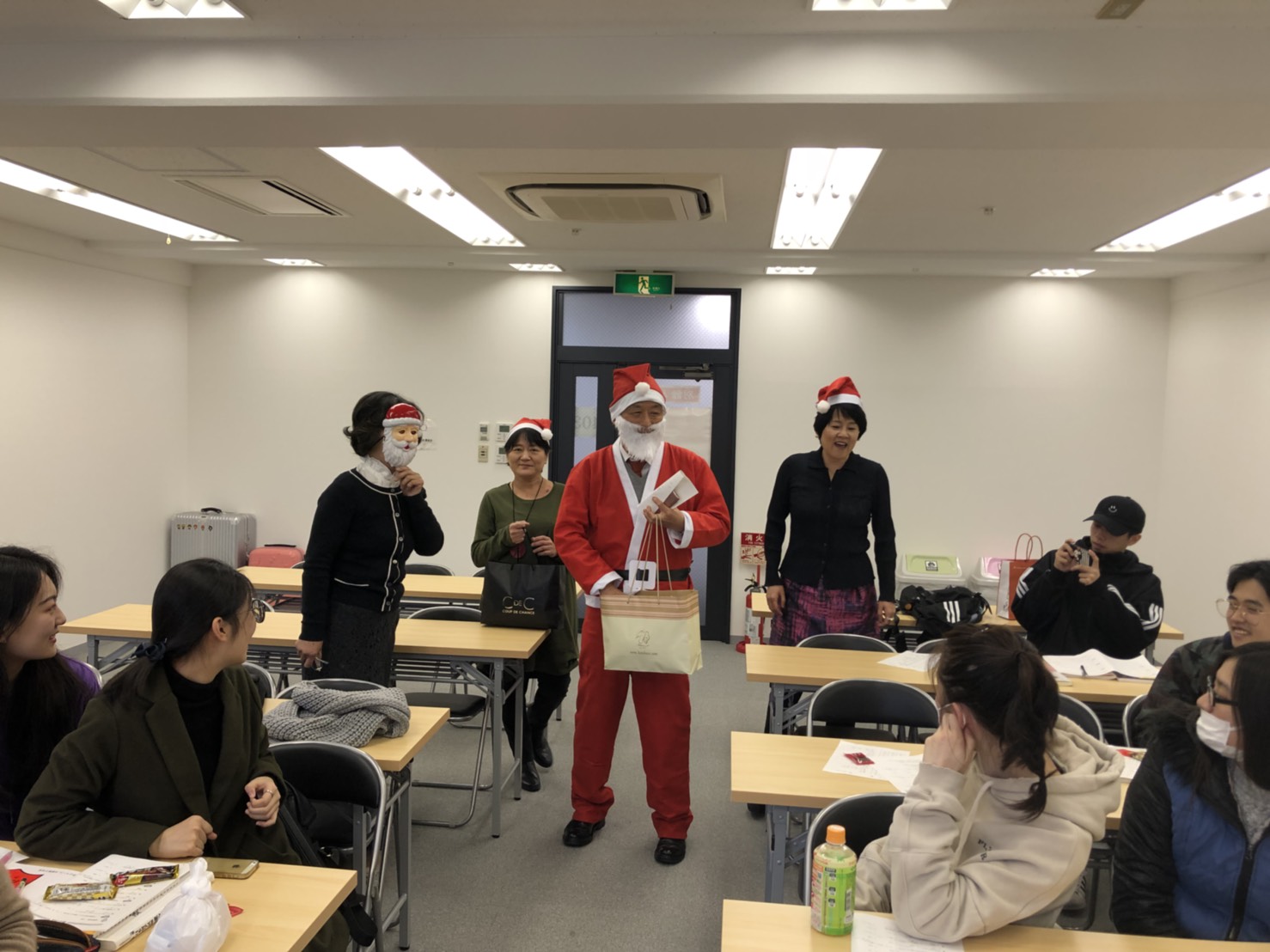Do you eat soba (buckwheat) noodles? In Japan, we eat soba on New Year’s Eve. It has been our custom since Edo period. There are several origin stories. Some say people wish their thin and long lives just like thin and long soba noodles. Others say soba noodles are easily cut and people hope their hardship and debts should also be cut off before the New Year. Either way, we eat soba noodles wishing a happy new year. There are families who cook year-end soba at home as well as ones who order delivery soba. New Year’s Eve is the busiest day of the year for soba restaurants.
Sanuki area in Kagawa prefecture is famous for udon noodles. They eat udon on New Year’s Eve instead of soba and eat another udon on New Year’s Day. Now you know how much they love udon there.
Sunday, December 2nd JLPT
Friday, December 22nd through Monday, January 7th Winter Break
Bear up under the cold weather and do not miss a class.

